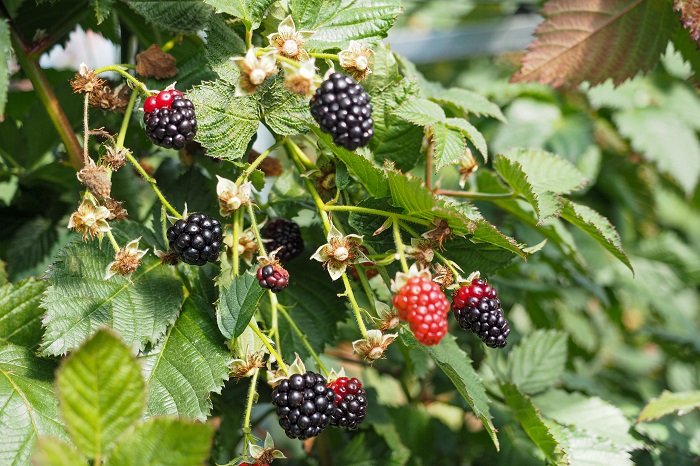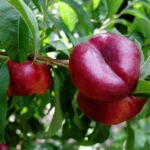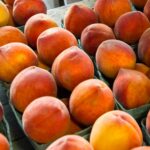Galuku future-proofing the industry with pioneering hydroponic growing systems

The Galuku Group, an Australia-headquartered developer of coir substrate growing systems, is helping to future-proof the global horticultural industry with its innovative products that generate significant water savings and lead to more efficient operations.
Galuku and Plantlogic have created a ground-breaking partnership to improve the industry’s sustainability by safely reusing drainage water of berry crops grown in substrate.
Using Plantlogic’s pot system and Galuku’s coir and customer support, the solution sees drainage water pass through center holes that direct water into a channel, which allows the collection of run-off.
This drainage is then pumped into holding tanks for treatment and then re-use. The water is treated with ultraviolet (UV) light to disinfect the drain water, preventing the re-circulation of any disease problems. After it is treated, it is sent to a different tank, where sensors detect the amount of pesticides and nutrients still present, allowing the grower to add more if needed.
The installation and use of the system is much easier and more practical than retrofitting a system to collect and re-use run-off water.
The solution also allows growers to be much better prepared for the effects of climate change, which has already led to severe water shortages and rising costs in numerous production regions around the world.
Galuku works with growers of multiple fruit and vegetable crops, serving dozens of countries around the world.
One Australian berry grower who has been trialing the system that reuses drainage water is Aman Lehl, who is based in Corindi, New South Wales.
He has been working within the Clean Coastal Catchments project to establish a demonstration site to showcase change and drive the adoption of best management practices in the berry industry.
It is estimated that by using this system, in the blackberries alone, Lehl will be able to collect and re-use between 1 and 1.3 megaliters of water per hectare per year.
"I have always been interested in technology and enjoy working with it," he said. "With the recent drought, and the possibility of climate change, being more efficient with our water use is important to remain sustainable into the future. In addition to water, reusing the fertilizer could also have positive benefits for the environment and the wallet."
For more information, please visit www.galuku.com or contact andrew@galuku.com













































